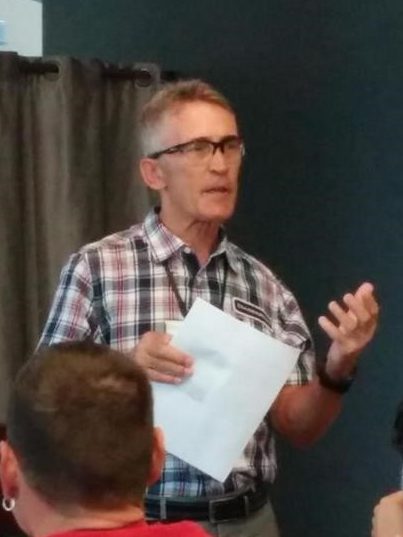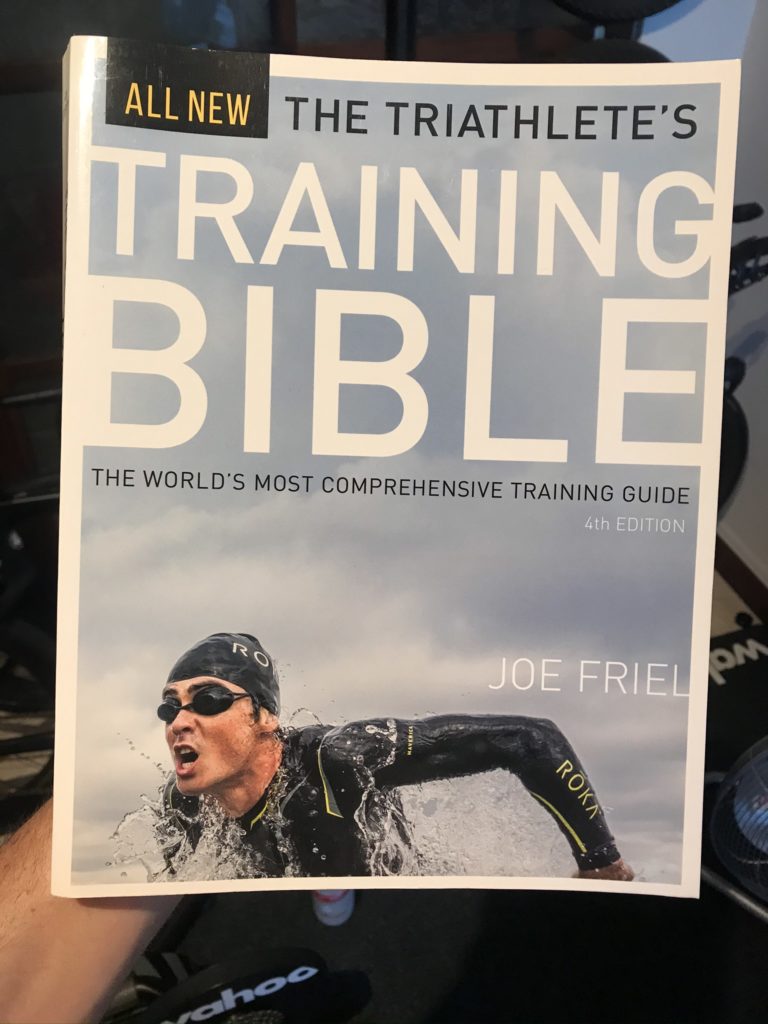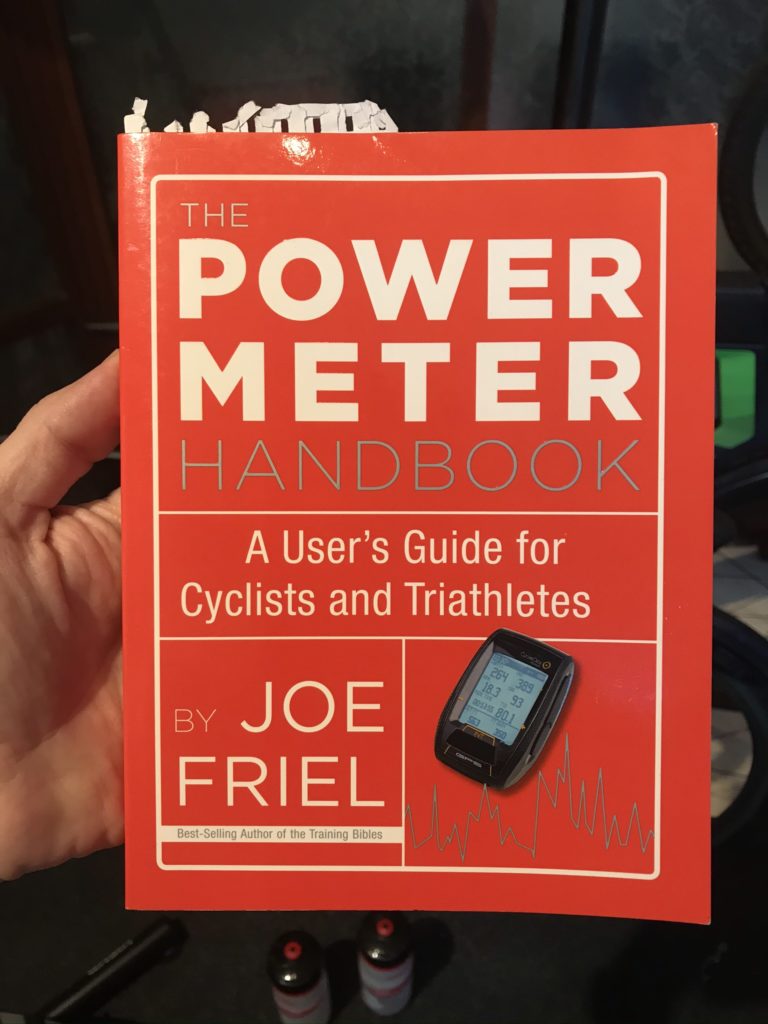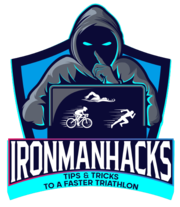Joe Friel literally wrote the book on triathlon, The Triathlete’s Training Bible, among many others. He has a master’s degree in exercise science, has coached an Olympic triathlete, and founded TrainingPeaks.
Let’s find out his take on training, coaching, and nutrition. Joe tells us what he thinks the faddiest or most useless tri products are, and gives us maybe the biggest Ironman hack ever.

Joe, you are widely regarded as one of the pre-eminent triathlon training experts. How did you reach this level of expertise? What brought you there?
Joe: Thanks, very kind of you. As a runner I fell in love with tri back in the early 1980s. My master’s degree was in exercise science which I had gotten so I could learn how to run faster. I was simply in love with the sport and curious. After moving over to tri the love and curiosity didn’t stop. It only increased because there was so much to learn about this new sport. That love and curiosity about performance continue to this day.
As a coach, what are a few things you would like every one of your athletes to know, follow, or be more conscious of?
Joe: Getting the balance between stress (both physical and mental) and rest right. Most all athletes have a significant imbalance between these with a much greater emphasis on stress and much too little on rest. My biggest challenge in coaching has always been to get the athlete’s lifestyle right so that they can get adequate rest – and especially sleep. Most get too little.

What is the one mistake you see coached athletes making time and time again?
Joe: Same as above – not enough sleep due to too much stuff in their lives. For very high goals in sport one can only have 3 things in their lives – family, career, and training. Adding a 4th reduces the likelihood of achieving the high goal considerably.
Are there any technological advancements you see on the horizon that look promising? For example, ways of measuring recovery better, advanced swimming data/screens/devices, or even power for running, which I know you’re an advocate of but I still don’t see many people using?
Joe: In keeping with the theme above, we are getting closer to being able to measure total lifestyle stress and the many parameters of rest/sleep. As this becomes more refined we’ll be able to quantify stress and rest much more accurately. Right now it’s pretty much a guessing game.
What do you think some of the faddiest or even useless triathlon trends are (or have been)?
Joe: Compression socks, race day nutrition products, race hydration products (neither of these last two is that complex).
Could you please elaborate on what you mean by those? It sounds like you mean gels and isotonic drinks.
Joe: Athletes, especially Ironman athletes, are deluged with nutritional and hydration product marketing. We’ve been taught to believe that these are very complex topics that require expensive solutions. In my opinion, most of what athletes consume during a race has little benefit, if any, beyond what they could have purchased at the local grocery store.
And it costs a hell of a lot more when it’s promoted as necessary for high performance. Athletes, of course, buy it because they are always looking for anything that will boost performance – regardless of cost.
What advice would you give to decent age-groupers who are struggling to make it to Kona?
Joe: Hire a smart and experienced coach. Most athletes don’t have a good grasp of how to manage training.
What simple Ironman hacks can you give our readers?
Joe: The key to the race is the bike segment as it’s about half of the race. If one screws up either the intensity or the “pacing” on the bike they will have a poor run regardless of how good of a runner they are.
The key to getting the bike right is understanding Intensity Factor and Variability Index. Both require a power meter. They aren’t complicated, although they sound like they are. Once these are understood and mastered in training then having one’s best possible race becomes relatively easy.

Right, so IF and VI. But do you have any quick, short ideas for free speed or simple hacks like ‘get the tires with the lowest rolling resistance’ or ‘draft in the swim’?
Joe: Anything else I’d suggest, such as you just did, would be a 1% (at best) performance enhancer. What I mentioned are 80% performance enhancers. Violate those and it really doesn’t make any difference about anything else you may have done regarding tires, etc.
Those two are the keys to a good bike and run and, therefore, a good race. When I coach someone for an IM (or 70.3) that’s the focus of training. They spend weeks learning how to master those two. If the athlete masters these then he/she will have the best possible race – regardless of which tires they may have used.
Check out Joe’s website at https://joefrielsblog.com/ and follow him on Twitter here

Leave a Reply
You must be logged in to post a comment.